BIOL 123 Plants: How they shape the world
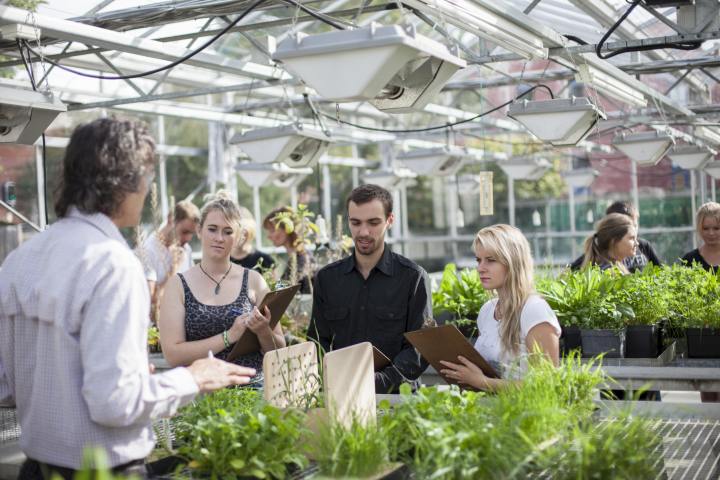 Learn how plants made the world you live in and how we can use them to secure our future.
Learn how plants made the world you live in and how we can use them to secure our future.
Paper information for BIOL 123
CELS 191 Cell and molecular biology
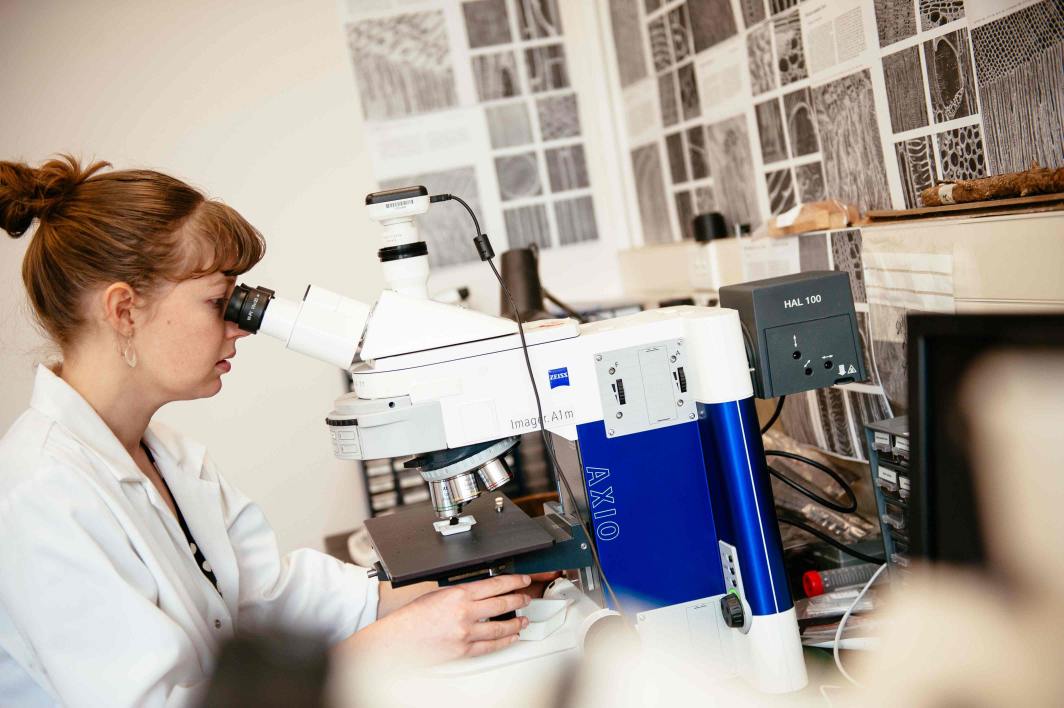 An introduction to the biology of cells; fundamentals of molecular biology; organismal and molecular genetics; human genetic variation; diversity and biology of microorganisms; microbial virulence and disease processes.
An introduction to the biology of cells; fundamentals of molecular biology; organismal and molecular genetics; human genetic variation; diversity and biology of microorganisms; microbial virulence and disease processes.
Paper information for CELS 191
ECOL 111 Ecology and conservation of diversity
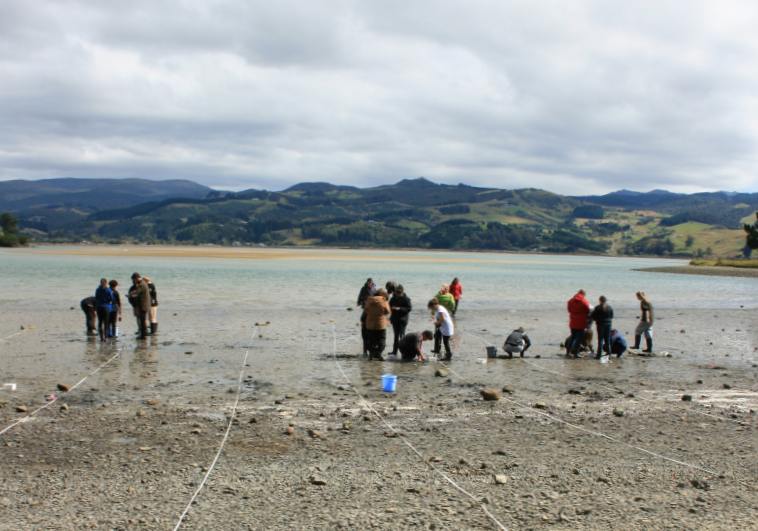 Species and population ecology: patterns of biodiversity; management of threatened species; evolution and environmental influences; how individuals interact with each other in populations, and with their physical environment.
Species and population ecology: patterns of biodiversity; management of threatened species; evolution and environmental influences; how individuals interact with each other in populations, and with their physical environment.
Paper information for ECOL 111
BTNY 201 Plant functional biology and biotechnology
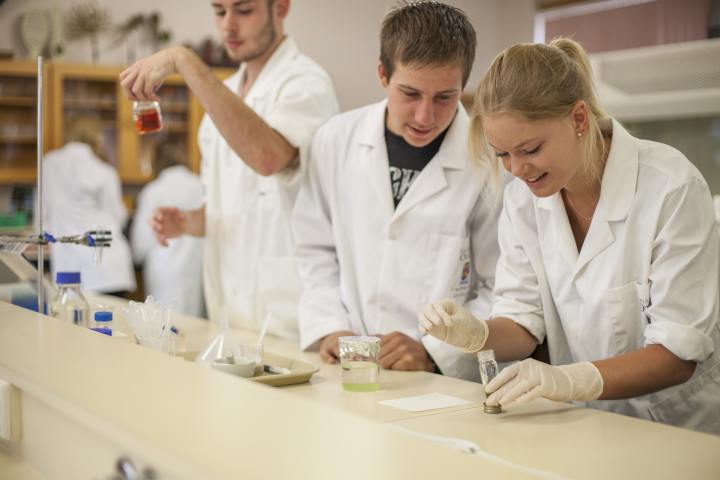 Learn about the cellular processes of plant growth and how to use this in plant biotechnology
Learn about the cellular processes of plant growth and how to use this in plant biotechnology
Paper information for BTNY 201
BTNY 202 Plant and fungal diversity
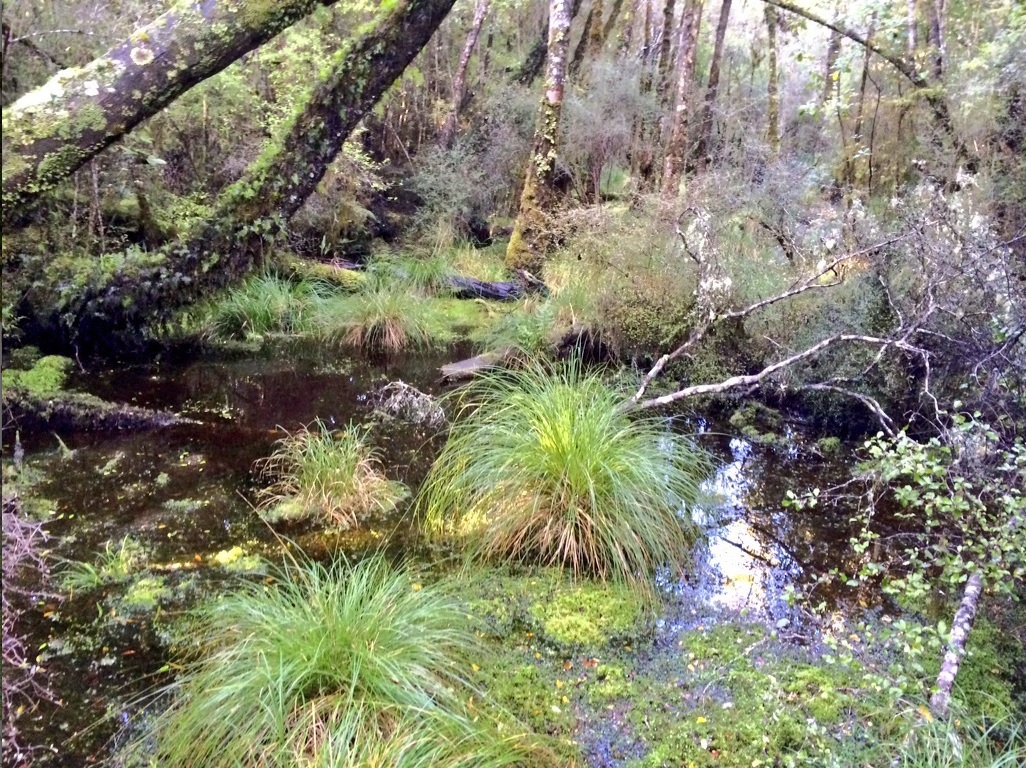 Plant diversity with a particular emphasis on New Zealand, in the context of the Southern Hemisphere. The evolution of plants and processes of adaptation and selection; the relationships between plants, including lichens and fungi, in the past and present.
Plant diversity with a particular emphasis on New Zealand, in the context of the Southern Hemisphere. The evolution of plants and processes of adaptation and selection; the relationships between plants, including lichens and fungi, in the past and present.
Paper information for BTNY 202
BTNY 203 Marine and freshwater botany
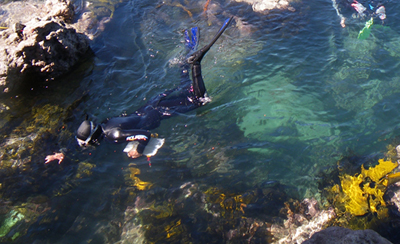 The diversity, physiology and ecology of marine and freshwater plants, algae and cyanobacteria.
The diversity, physiology and ecology of marine and freshwater plants, algae and cyanobacteria.
Paper information for BTNY 203
BTNY 301 Plant ecology
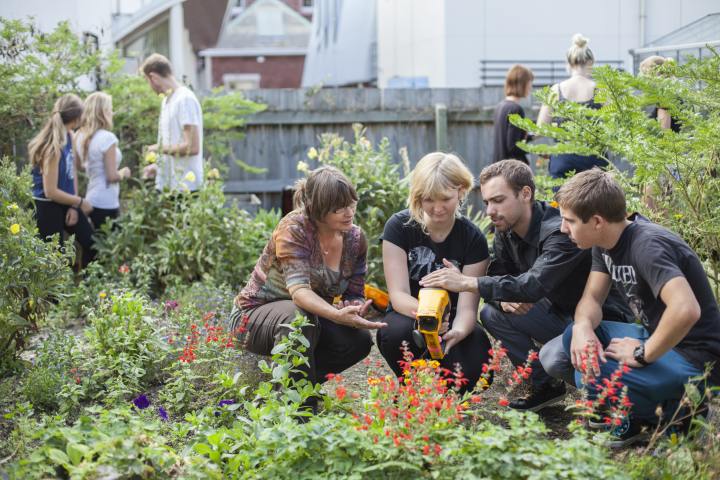 Learn how plants respond to and influence their environment across a range of terrestrial, freshwater and marine ecosystems.
Learn how plants respond to and influence their environment across a range of terrestrial, freshwater and marine ecosystems.
Paper information for BTNY 301
BTNY 302 Plant interactions
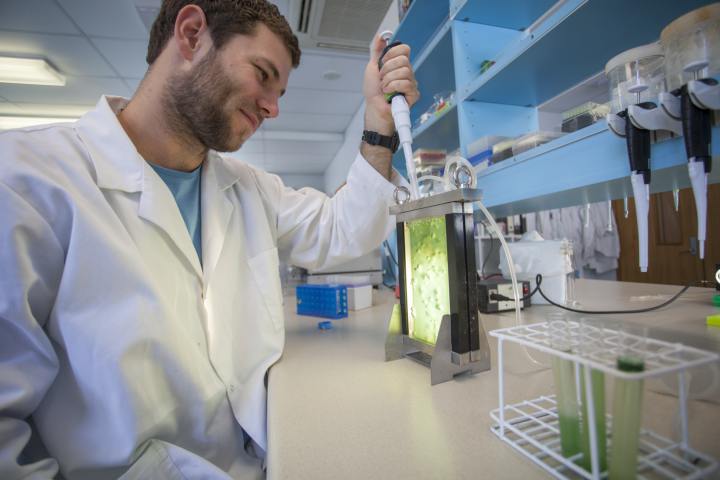 Learn how plants interact with fungi, bacteria, viruses and animals and gain insights on how plant interactions impacts on plant biology from community structure to crop productivity.
Learn how plants interact with fungi, bacteria, viruses and animals and gain insights on how plant interactions impacts on plant biology from community structure to crop productivity.
Paper information for BTNY 302
BTNY 303 Topics in field botany
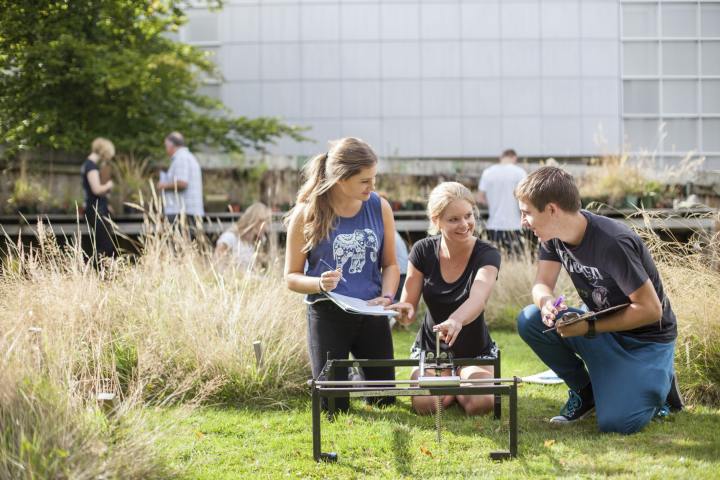 Learn about plants in the world around us through a hands-on field ecology course that emphasises identifying plants and surveying plant populations and communities.
Learn about plants in the world around us through a hands-on field ecology course that emphasises identifying plants and surveying plant populations and communities.